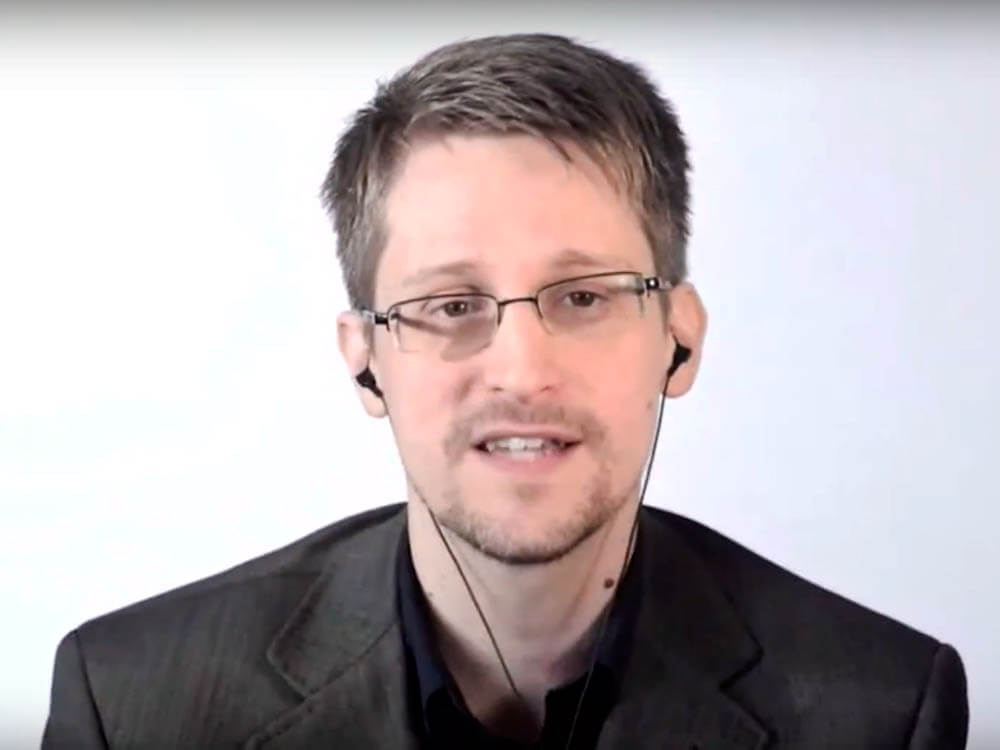Whistleblower Edward Snowden has some interesting thoughts regarding Bitcoin and the blockchain.
Creating a Trustful Environment
In a recent interview, Snowden gave a brief description of the blockchain and says that the main reason for implementing it into governments and businesses is trust. He comments:
Imagine an old database where any entry can be changed just by typing over it and clicking save. Now imagine that entry holds your bank balance. If somebody can just arbitrarily change your balance to zero, that kind of sucks, right? Unless you’ve got student loans. The point is that any time a system lets somebody change the history with a keystroke, you have no choice but to trust a huge number of people to be both perfectly good and competent, and humanity doesn’t have a great track record for that. Blockchains are an effort to create a history that can’t be manipulated.
Everything Is Set in Stone
Blockchain technology is widely regarded for its ability to create irrefutable evidence of an occurrence between two distinct parties. For example, if party A sends party B some form of currency, that transaction is recorded in real-time, and is forever implemented on the blockchain to show that it occurred should the data ever be needed. Snowden states:
The reality is that blockchains can theoretically be applied in many ways, but it’s important to understand that mechanically, we’re discussing a very, very simple concept, and therefore the applications are all variations on a single theme: verifiable accounting. Hot.
Will the Blockchain Soon Be King?
While he doesn’t foresee blockchain overtaking large tech companies like Facebook or Google in the immediate future, he’s confident the technology will one day be so powerful and widespread that it can disrupt trade. In addition, he’s particularly fond of bitcoin transactions, describing them as “impartial” which, in turn, adds greatly to the trust factor of the cryptocurrency arena. He explains:
[Bitcoin transactions] can’t really be stopped or reversed without the explicit, voluntary participation of the people involved. Let’s say Bank of America doesn’t want to process a payment for someone like me. In the old financial system, they’ve got an enormous amount of clout, as do their peers, and can make that happen. If a teenager in Venezuela wants to get paid in a hard currency for a web development gig they did for someone in Paris, something prohibited by local currency controls, cryptocurrencies can make it possible. Bitcoin may not yet really be private money, but it is the first ‘free’ money.
Do you agree with Snowden’s thoughts about blockchain? Why or why not? Post your comments below.
Image courtesy of ShutterStock and Youtube/Blockstack




